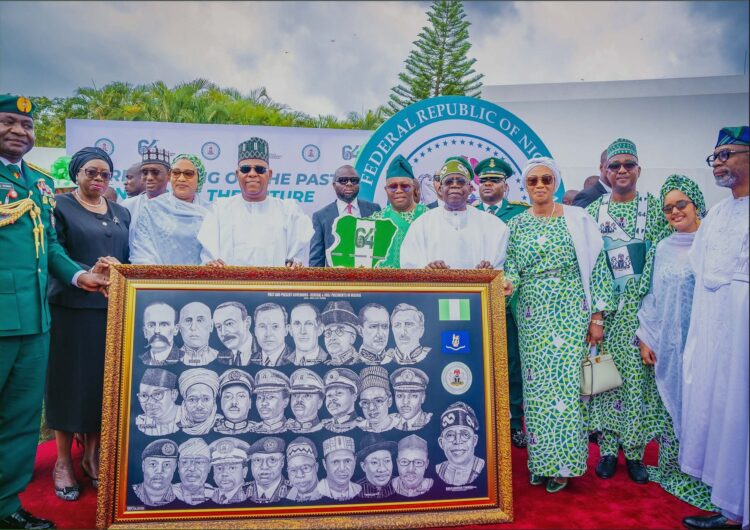On October 1, 2024, Nigeria celebrated its 64th Independence Day with nationwide events showcasing national pride and hope for the future. The West African nation, home to 213 million people, gained independence from British rule in 1960.
The path to independence began in the late 1950s, as various ethnic groups united in their push for self-governance. In 1960, Nigeria achieved independence with Sir Abubakar Tafawa Balewa as Prime Minister and Nnamdi Azikiwe as President.
Since then, Nigeria has faced its share of challenges, including political instability and civil war. However, it has also seen economic growth, particularly in the oil sector, and has become Africa’s largest economy.
President Bola Tinubu addressed the nation, highlighting Nigeria’s progress and outlining plans for the future. He focused on key issues like economic diversification, security, and infrastructure development.
“We’re at a turning point,” Tinubu said. “We have the opportunity to use our resources and heritage to build a better future for all Nigerians. My government is focused on boosting the economy, improving security, and bettering people’s lives through targeted reforms and investments.”

The President discussed plans to improve agriculture, expand manufacturing, and tap into Nigeria’s tech potential. He also promised to strengthen national defense while promoting dialogue in troubled areas.
Nigeria’s strategic location, natural resources, and large population make it a key player in regional and global affairs. The country is a founding member of the African Union and contributes to peacekeeping missions across the continent.
Nigerian culture, especially music, film, and literature, has gained worldwide recognition. Nollywood, the country’s film industry, is the second-largest globally by volume, showcasing Nigeria’s creativity and entrepreneurial spirit.
As Nigeria reflects on 64 years of independence, it faces both opportunities and challenges. Issues like income inequality, poor infrastructure, and regional differences need attention. However, Nigeria’s young population, diverse culture, and natural resources provide a strong base for future growth.
The Independence Day celebrations were a colorful display of unity and progress. Nigerians across the country wore the national colors of green and white, showing their patriotism.
The main event in Abuja brought together Nigerians from all walks of life, government officials, and international guests. This year’s theme, “Reflecting on the past, inspiring the future,” captured the nation’s journey and aspirations.
President Tinubu inspected a guard of honor and watched military parades. Cultural performances from different regions added vibrancy to the event, showcasing Nigeria’s rich heritage.

In a symbolic gesture, the President signed the anniversary register, released doves, and cut the anniversary cake. The celebrations emphasized Nigeria’s resilience, progress, and ongoing commitment to unity and development.
Despite challenges, Nigeria continues to play a crucial role in African and global affairs, driven by its dynamic population and abundant resources. As it moves forward, the nation looks to build on its past while shaping a promising future for all its citizens.









